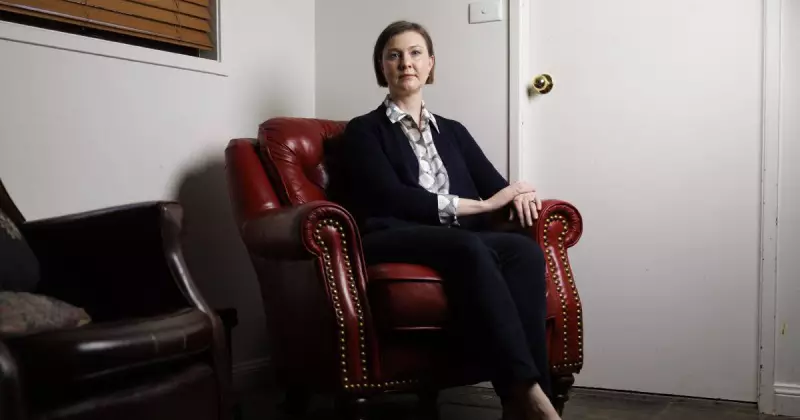
A significant rift has emerged within Canberra's medical community as the Australian Capital Territory prepares to implement its voluntary assisted dying laws, with some doctors expressing strong opposition to the controversial legislation.
Medical Professionals Voice Concerns
While the laws are set to take effect later this year, a group of healthcare providers has raised serious ethical and practical concerns about the implementation of voluntary assisted dying in the ACT. These medical experts argue that the legislation may compromise patient safety and undermine existing palliative care frameworks.
Patient Safeguards Under Scrutiny
Opposing doctors highlight several key issues with the new framework, including:
- Potential pressure on vulnerable patients to choose assisted dying
- Insufficient mental health assessment protocols
- Concerns about adequate palliative care alternatives
- Questions about long-term impacts on doctor-patient relationships
The Other Side of the Debate
Proponents of the legislation emphasize that the laws include robust safeguards, requiring multiple medical assessments and ensuring that only terminally ill patients experiencing unbearable suffering can access voluntary assisted dying. They argue that the legislation provides compassionate choice for those at the end of life.
Implementation Timeline and Training
Medical practitioners across the territory are currently undergoing specialized training to handle voluntary assisted dying requests. The ACT government has established comprehensive guidelines and support systems for doctors who choose to participate in the scheme, while also protecting those who conscientiously object.
The debate continues to evolve as the November implementation date approaches, with both sides advocating for what they believe represents the best approach to end-of-life care in the nation's capital.





